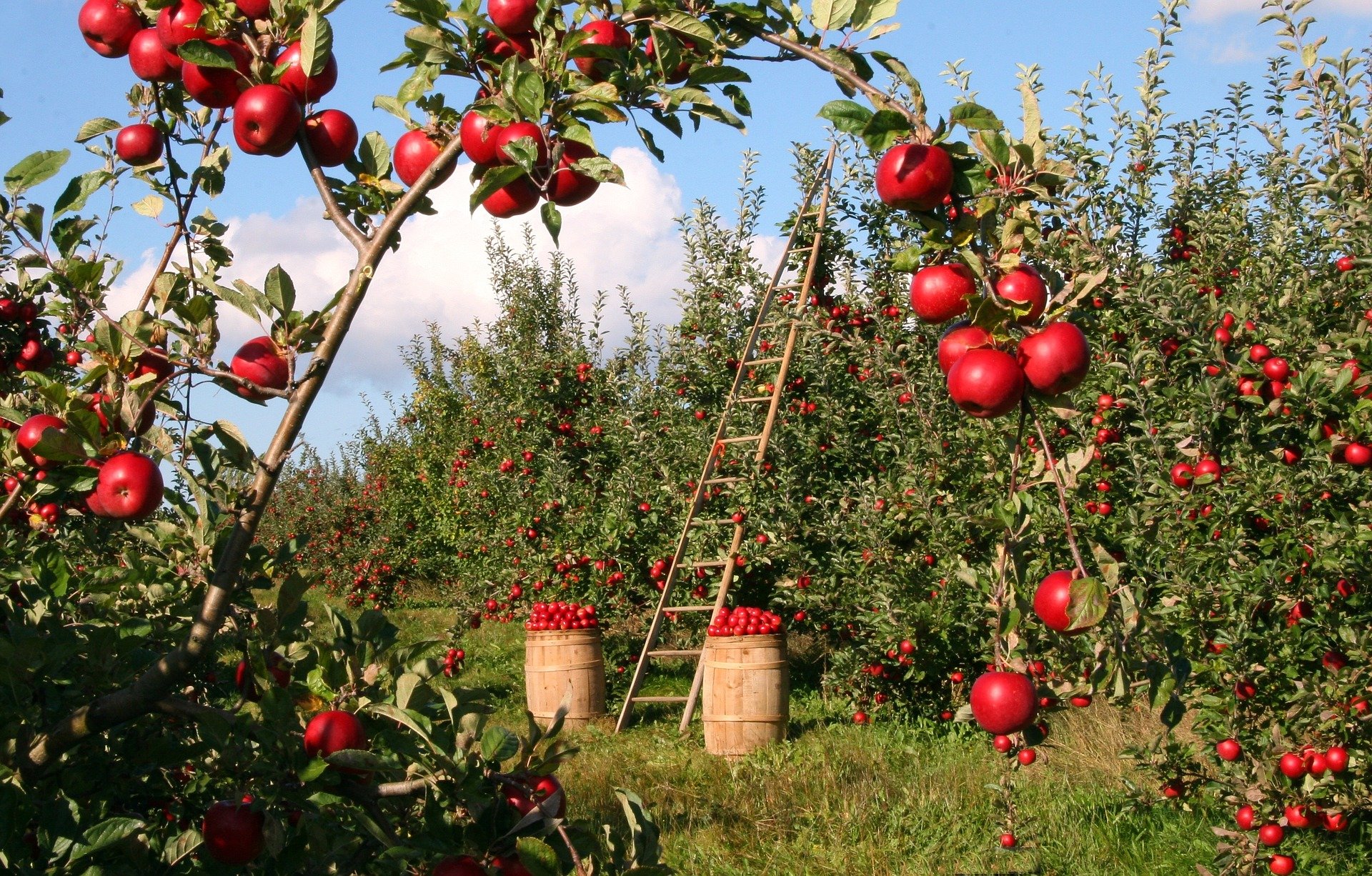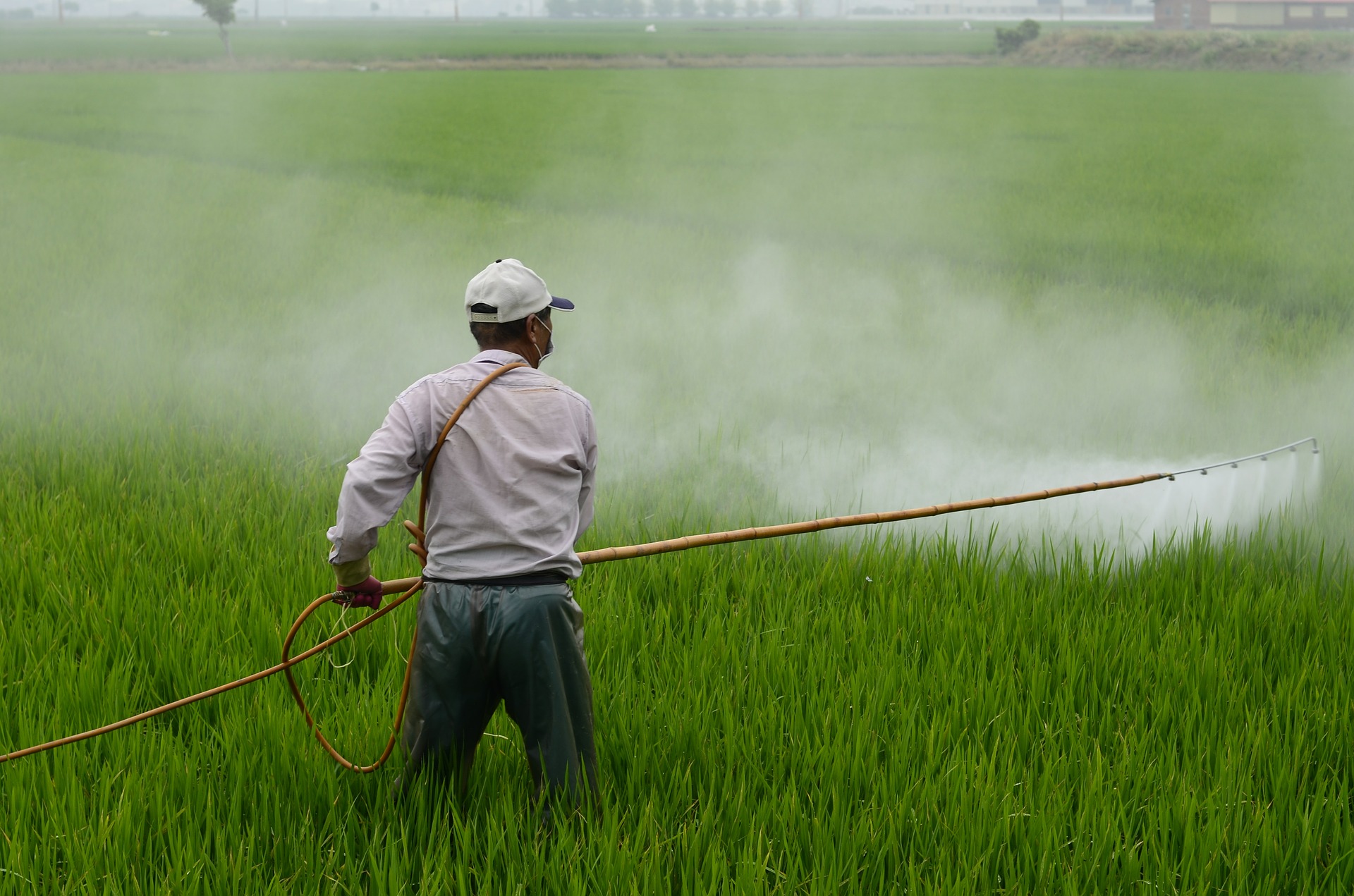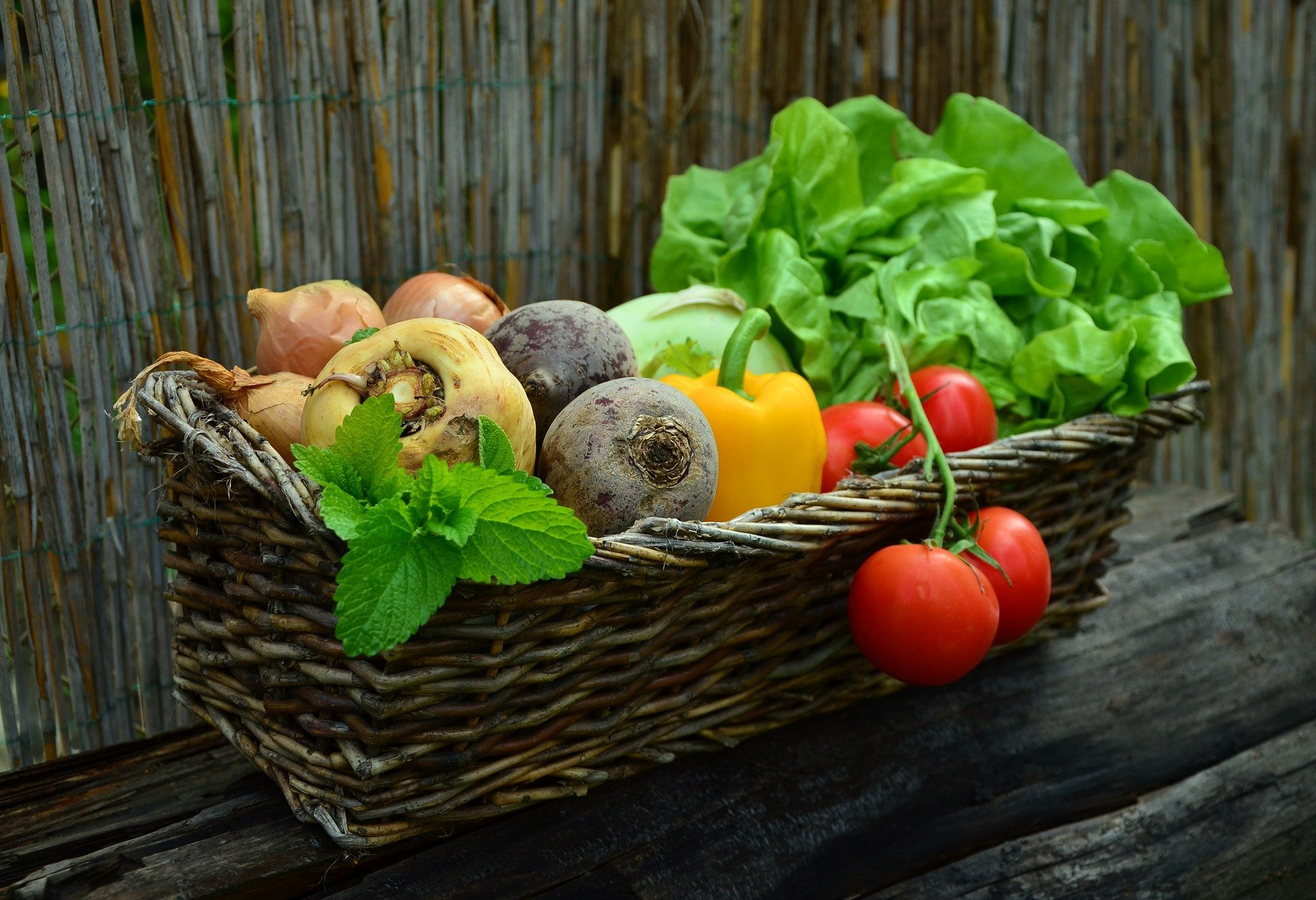Many of us are trying to live a healthier lifestyle and are trying to be more environmentally friendly. We are all trying to eat more organic food because we are told they are better for our health. But what exactly is organic food? Are we being sold a dream, or do truly organic foods exist? For most of us, the last time we heard the term organic was in chemistry class, and honestly, that’s a box I’d rather not open because high school was one of the seven circles of hell for me. Don’t worry because we are here to help you understand the world of organic food.
So can food be truly organic?

Well, you won’t like the answer. The common consensus is that it depends on the brand and produce; organic doesn’t have a universal meaning and is used as a catch-all to sell produces to consumers in the organic craze. According to the United States Department of Agriculture (USDA), the term organic is defined as any product that avoids using “man-made fertilizers, pesticides, growth regulators and livestock feed additives.” If you find something in the grocery store with the label “USDA Organic” or “Certified Organic”, it means that produce is 95 percent or more organic. The remaining 5 percents are foods or additives that the USDA has preapproved. This means that even your so-called organic vegetable might have a small amount of additives (be it approved by the USDA) in them.
The benefit of Organic Food.
- Contain less or fewer pesticides. As this explicitly banded for organic food, well up to a level that is, it is better for your health. People who are allergic to certain pesticides or chemicals can enjoy them without worrying about anything.
- It is GMO-free. GMO means Genetically modified Organisms and is also known as genetically engineered food (GE); examples of this are seedless watermelon and sugar beets. Organic food isn’t genetically modified at all; it let nature run its natural course. This means these plants will be left to grow as if they were in nature, albeit with some help, but still, it’s the most organic food you can get unless you go foraging.
- They tend to be fresher. Because they are not jacked up with preservatives, thus meaning they don’t last long. So they have to be consumed as soon as they are harvested and put on the shelves. They tend to be sold by small farmers and are usually sold in farmers market and thus you are able to enjoy freshers and healthier food.
- They are better for the environment. Because they use less pesticide and additives, thus create fewer pollutants for the surrounding ecosystem. Organic food is better for the soil, conserving water, increasing soil fertility, and reducing soil erosion and our health.
Do they contain any pesticides?
As mentioned earlier, they do contain a certain level of pesticide, though it is lower than the amount found in non-organic food. So, despite popular beliefs, yes, organic foods aren’t 100% organic; it’s not really false advertising because if you read the fine print, you’ll know that it’s there. But, let’s be honest, who reads the fine print? It’s like the terms and conditions that we all click to acknowledge that we barely even read. The difference with organic food and produce is that they only use natural pesticides rather than synthetic ones that conventional farmers use. Though they are believed to be less toxic, there is some risk associated with their consumption.

Risk of pesticide.
Though you have a lower risk of being exposed to harmful pesticides with organic foods, the possibility is still there. However, the effects aren’t immediate; it takes years and even decades to show because of our slow exposure to small amounts and accumulates over time. It can cause health issues such as weakening the immune system, headaches, and even congenital disabilities.
Studies have also shown that exposure to pesticides even at small doses can increase the development of cancers like leukemia, prostate and breast cancer, and brain tumor. Children and fetuses are even more at risk because their immune systems aren’t fully developed and can cause severe complications, like developmental issues, motor dysfunction, and even developmental delays.
The best way to get rid of pesticides and avoid their consumption is to wash and rinse your produce thoroughly and consume organic produce as much as possible. Though they also contain a certain amount of chemicals, it is significantly less than you will find in your average produce. Sound off in the comment section below and tell us if you learnt anything new today.
